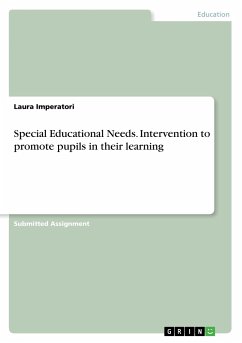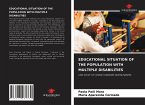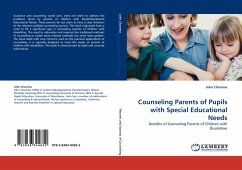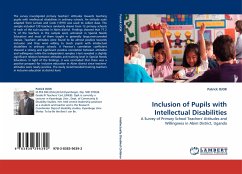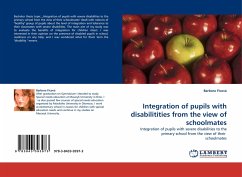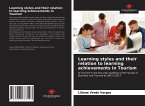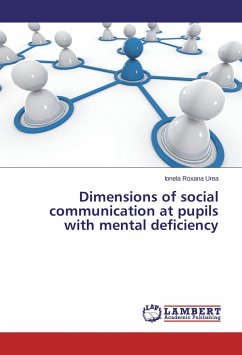Submitted Assignment from the year 2016 in the subject Pedagogy - Orthopaedagogy and Special Education, grade: 80, University of Manchester (University of Manchester's Institute of Education), course: Teach First Leadership Development Programme, language: English, abstract: Special Educational Needs are a very wide range of different additional needs of learners that teachers need to address in an inclusive school. In this study, we are focusing on one gifted and able pupil that most likely suffers from dysphonetic dyslexia, a special subtype of dyslexia. Currently, he has not got an educational statement for secondary school; however, he was classified as SEN in Primary School. Furthermore, his understanding of Science is significantly greater than his spelling abilities are.Every individual has different learning strengths and weaknesses; however, some have more exceptional abilities for or more barriers to learning. Learners can also be 'twice exceptional', such as the individual chosen for this intervention. He is a gifted Y7 Science pupil with dyslexic tendencies. Based on my baseline assessment, he fits most closely into the dysphonetic dyslexia subgroup.The depicted intervention was based on identifying his strengths and weaknesses and aimed to develop his literacy skills, especially his phonological awareness, as well as his interest and understanding of science simultaneously. The effectiveness of the intervention was assessed using a Before-and-After comparison of a written summary.In the final assessment, the pupil made fewer spelling mistakes and was more able to correct them independently. More precisely, the literacy error ratio, as calculated by dividing the number of erroneous words by the total number of words, improved from 15.78% to 9.46%. Moreover, the overall structure of his summary was better organised, using the DEFENDS method he was taught.
Hinweis: Dieser Artikel kann nur an eine deutsche Lieferadresse ausgeliefert werden.
Hinweis: Dieser Artikel kann nur an eine deutsche Lieferadresse ausgeliefert werden.

